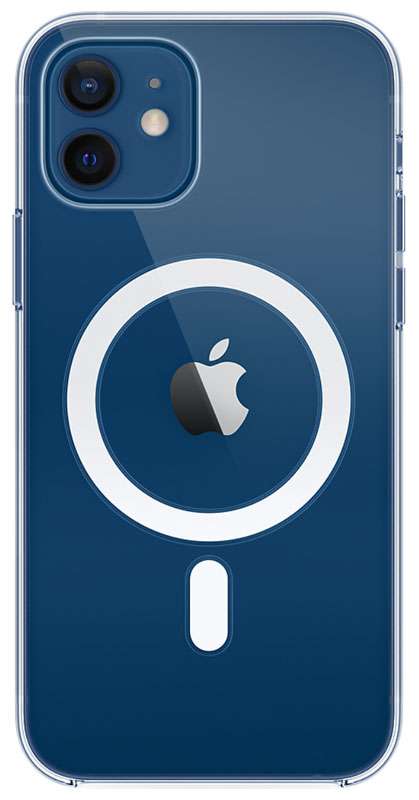Submitted by Frank Macey on
People with implanted pacemakers and defibrillators are being warned to keep MagSafe iPhones and accessories away from their medical devices. Cardiologists at the Henry Ford Heart and Vascular Institute have tested the effect of an iPhone 12 Pro passing over the chest of a patient. Reporting on the results, Dr. Gurjit Singh explained that the patient's defibrillator was temporarily deactivated by the MagSafe magnet inside the iPhone.
There is already an official Apple support document warning about the magnets inside iPhone 12 models and MagSafe accessories. According to Apple, both the magnets and radios that emit electromagnetic fields can interfere with medical devices. Apple recommends the iPhone 12, iPhone 12 Pro, and iPhone 12 Pro Max be kept at least six inches away from sensitive medical devices, and 12 inches away while charging.
The issue is that implanted pacemakers and defibrillators often have built in switches that are designed to be toggled by a magnet from outside the body. Using this technique, the device's operation can be modified or turned off completely without having to remove it from the patient.
In this case, Dr. Singh was able to toggle the defibrillator inside the patient's chest using the magnets designed to connect MagSafe accessories to the iPhone 12 Pro. The findings were published in the medical journal HeartRhythm. Of course, most patients with implanted cardiac devices should already be aware of the risks of magnets and interference from other devices, including smartphones.The addition of MagSafe to the iPhone 12 lineup brings added convenience to cases, chargers, and other accessories. However, users are also warned by Apple to keep credit cards, security badges, passports, or key fobs away from the MagSafe connection when charging. Any magnetic strips or RFID chips in these or similar items can be damaged if they are placed between the iPhone 12 and a MagSafe charger.
